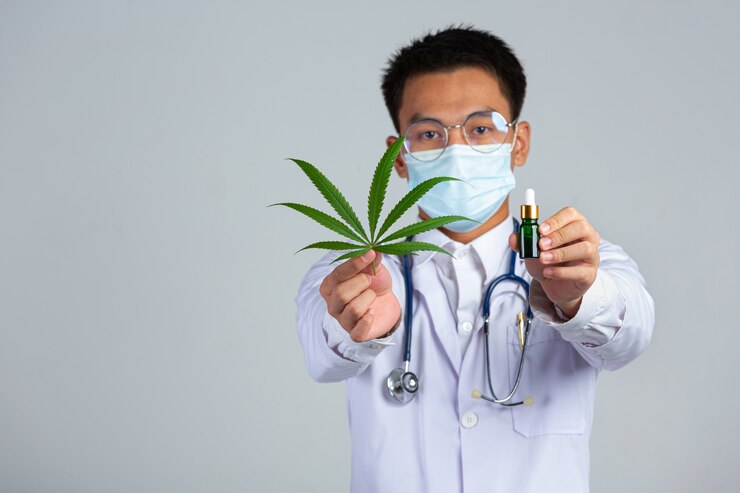Understanding THC and CBD: A Guide to Cannabis Compounds
In recent years, cannabis has gained widespread attention for its potential therapeutic benefits, with THC (tetrahydrocannabinol) and CBD (cannabidiol) being the most talked-about compounds. Whether you’re new to cannabis or looking to deepen your understanding, it’s essential to grasp the differences and similarities between these two cannabinoids.
What Are THC and CBD?
THC and CBD are both cannabinoids, chemical compounds found in the cannabis plant. They interact with the body’s endocannabinoid system (ECS), which plays a role in regulating various physiological processes like mood, appetite, sleep, and pain. Despite their shared origin, THC and CBD have distinct effects on the body.
THC: The Psychoactive Compound
THC is best known for its psychoactive effects—it’s the compound that causes the “high” associated with cannabis use. When consumed, THC binds to CB1 receptors in the brain, leading to altered sensory perceptions, euphoria, and sometimes anxiety or paranoia. THC’s effects are dose-dependent; higher doses typically result in more intense psychoactive experiences.
Beyond its recreational use, THC has several medical applications. It is effective in pain relief, reducing nausea (particularly in chemotherapy patients), and stimulating appetite in individuals with conditions like HIV/AIDS or eating disorders.
CBD: The Non-Psychoactive Compound
Unlike THC, CBD does not produce a high. Instead, it is known for its calming and anti-inflammatory properties. CBD interacts more subtly with the ECS, influencing both CB1 and CB2 receptors without directly binding to them. This interaction is believed to modulate the effects of THC and contribute to the therapeutic benefits of cannabis.
CBD is widely used for its potential to reduce anxiety, improve sleep, and alleviate chronic pain. It has also gained attention for its potential in treating epilepsy, particularly in the form of Epidiolex, an FDA-approved CBD-based medication for certain types of seizures.
How THC and CBD Work Together
One of the most fascinating aspects of THC and CBD is how they can complement each other when used together. This phenomenon, known as the “entourage effect,” suggests that the presence of multiple cannabinoids can enhance the therapeutic effects of cannabis. For example, CBD may mitigate some of the anxiety or paranoia that can result from high doses of THC, providing a more balanced experience.
Legal Status of THC and CBD
The legality of THC and CBD varies widely depending on where you live. In many places, THC is still classified as a controlled substance, while CBD derived from hemp (containing less than 0.3% THC) is legal in many parts of the world. However, the regulatory landscape is rapidly changing, with more regions recognizing the potential medical benefits of both compounds.
How to Choose Between THC and CBD
When deciding whether to use THC, CBD, or a combination of both, it’s essential to consider your specific needs and how your body reacts to each compound. For those seeking relief from chronic pain, THC might be more effective, while individuals looking to reduce anxiety or improve sleep may prefer CBD.
It’s also important to start with a low dose, especially if you’re new to cannabis. This allows you to gauge your body’s response and adjust your intake accordingly.
Final Thoughts
Understanding the differences and similarities between THC and CBD can help you make informed decisions about cannabis use. Whether you’re exploring its potential for recreational or therapeutic purposes, it’s crucial to consider how each compound affects you and how they can work together to enhance your experience. As research continues to evolve, we may discover even more about the complex interactions between THC, CBD, and the other cannabinoids in cannabis.

